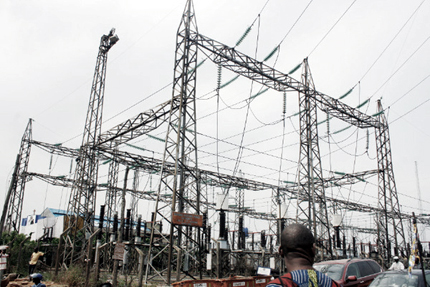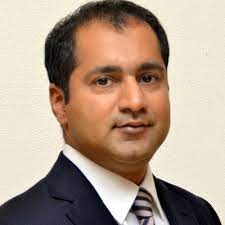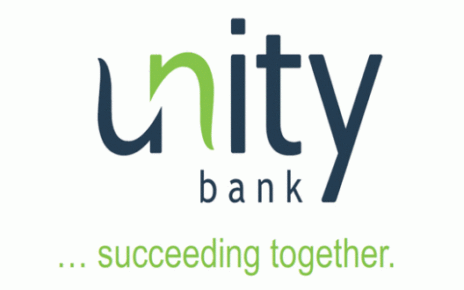Key stakeholders in nation’s power sector today could not agree on the challenges undermining the performance of the sector, with each player speaking from a position of defence as relating to their roles in the sector.
The key players and regulators who spoke at a round table power sector discussion hosted by Sahara Group in Lagos, failed to agree on the what is responsible for the lingering poor electricity occasioned by power generation, transmission and distribution inefficiencies in the country.
In his remarks during the parley, the Chief Executive Officer of Sahara Group, Kola Adesina, blamed the worrisome electricity situation on the ineffectiveness of the tariff structure.
Justifying his stance, the industry expert pointed out that since his company took over the Egbin power plant and invested over $400 million to return the plant to installed capacity of 1,200 megawatts this had not been achieved due to inability of the Distribution Companies (DisCos) to take up generated power or pay for the electricity supplied them.
Adesina pointed out that this situation compelled the facility to drop power generation to between 600 to 800 megawatts, adding that “we even aspire to double the capacity but the system is not supporting our initiative.”
In his contributions to the discourse, the Lagos state Commissioner for Energy, Mr. Olawale Oluwo, said that the power sector problem was largely structural such that there is break in the value chain resulting to inability of Discos to effectively distribute electricity to final consumers.
He explained further that technical losses due to infrastructure inadequacies posed greater challenges as Discos apart from rejecting load, were not also generating enough revenue to support their operations.
The Commissioner pointed out that it was as a result of the inefficiencies that the state government initiated the Power Reform Programme which is the Embedded Power Project that will take off next month.
Oluwo confirmed further that the State House of Assembly passed the law in January and the Governor signed the bill into law the following month, adding that the implementation committee is already working just as the Expression of Interest (EoI) on the programme will be made sometimes this month.
He said the 13 locations for the pilot phase of the Embedded Power Project was currently awaiting approval of the State Executive Council and would be released soon.
He also listed the power and gas sectors reforms as key interventions of the state government to correct the structural challenges in the power sector and gradually position the state for 24-hour power supply.
“The essence of all this is that we want to give Lagos, energy security and to achieve this, you must have security of electricity, gas and petroleum products,” he said.
The Managing Director of the Transmission Company of Nigeria, TCN, Usman Mohammed, disagreed that transmission inadequacy was responsible for load rejection by Discos, stressing that TCN has embarked on major infrastructure upgrades
According to him, a total sum of $1.75 billion would be spent on critical infrastructure provision.
Similarly, Head of Procurement at the Nigerian Bulk Electricity Trading (NBET) Plc, Dr. Eugene Edeoga, dismissed insinuations by some of the stakeholders that the present tariff regime constituted the bane of the power sector.
Edeoga advised the Discos to improve on efficiency of their operations rather than shifting their inadequacies to tariff structure, adding that if the Discos had improved their metering system they would be able to pay for power supplied to them.




